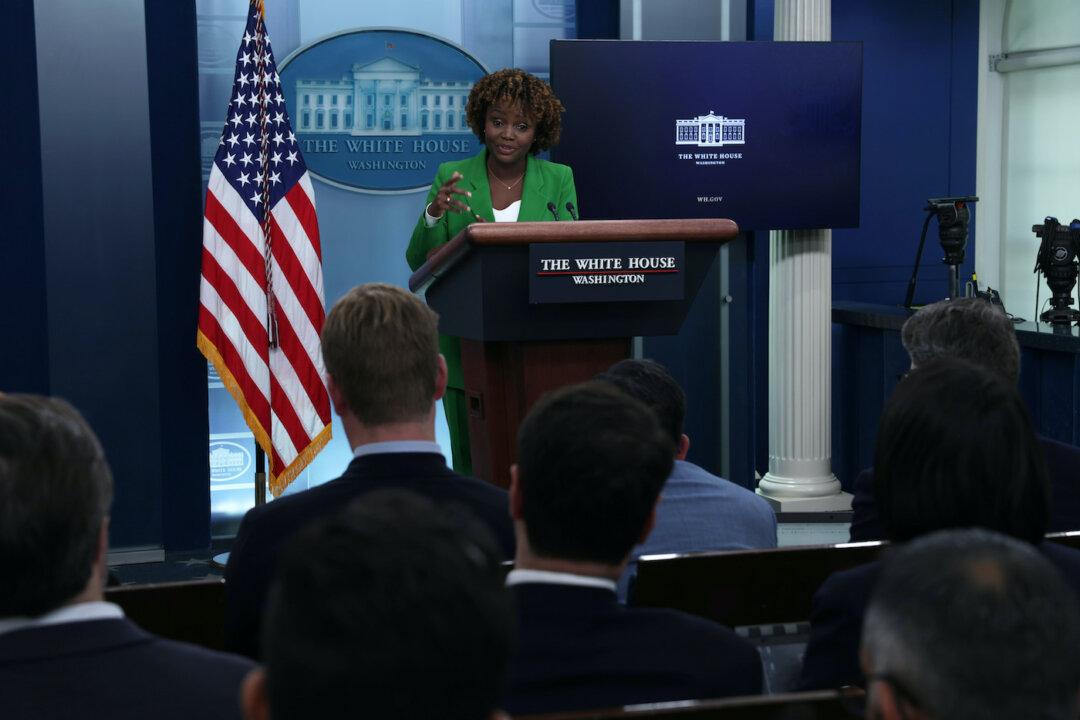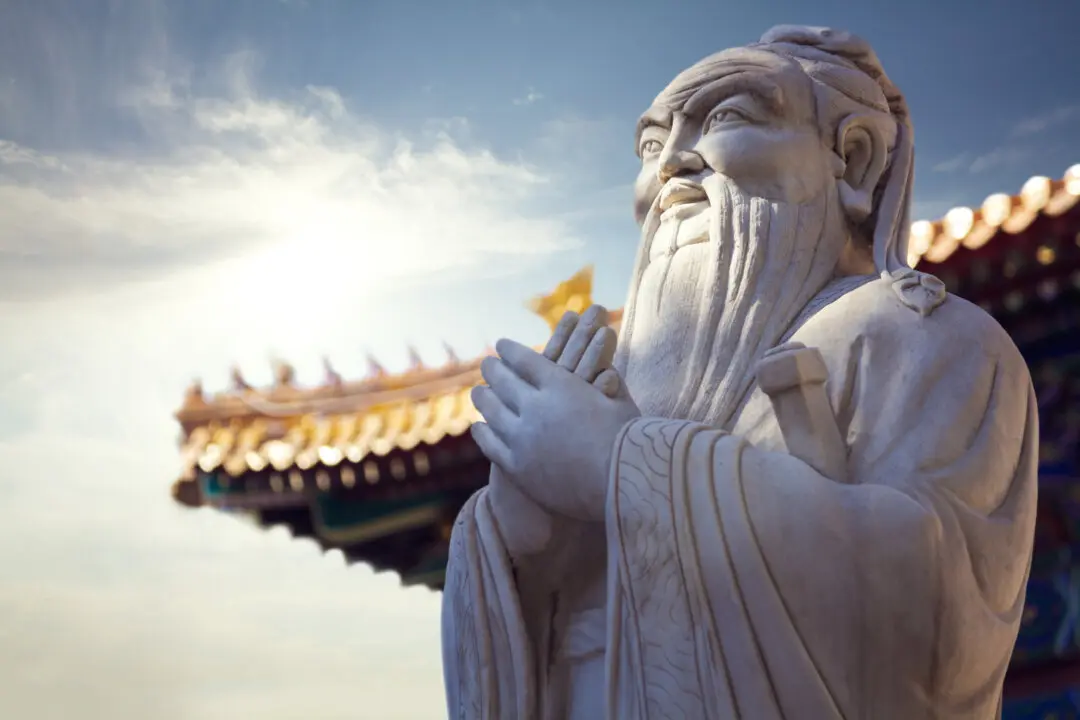The White House wouldn’t comment on either the Chinese Communist Party (CCP) head Xi Jinping’s anticipated third tenure or his speech delivered on Oct. 16, the opening day of the 5-year national congress.
“I don’t want to comment from here on any internal political process of other countries,” White House press secretary Karine Jean-Pierre said at the press briefing on Oct. 17, when asked by reporters to comment on Xi’s speech and his highly likely third term.





